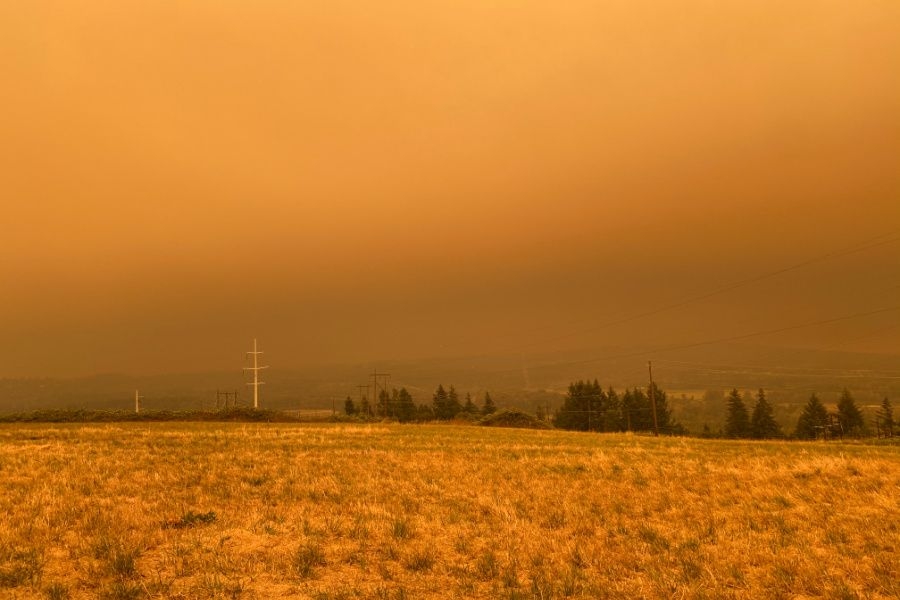A report from Oregon State University found agricultural and construction works most at risk.
Oregon farm and construction workers are much more likely to get hurt on the job during high heat compared with periods of more moderate weather, according to a new study from Oregon State.
Researchers reviewed workers’ compensation data from 2009 to 2018 and found that increasing temperatures correlated with increased rates of traumatic injury claims in Oregon. Those claims were particularly high in the agriculture and construction sectors.
“The big take-home message I want people to get from this is that, if the temperature is high and you have workers out there, they’re more likely to be injured, whether it’s due to dehydration, reduction in mental capacity or exhaustion,” Richie Evoy, lead author on the paper and a recent doctoral graduate from OSU’s College of Public Health and Human Sciences, in said in OSU’s press release.
Researchers looked at nearly 92,000 injury claims in which workers suffered temporary disability, permanent disability or death. They focused on injuries that occurred in the months of April through October because the average heat index was above 55 degrees for that period.
The report found that workers in agricultural and construction jobs were significantly more likely to suffer a traumatic injury on days when the heat index was above 75 degrees, compared with a baseline of 65 degrees or less. The effect worsened when the heat index climbed to over 90 degrees, with an increased risk of 19-29% over baseline as the index ranged from 90-119 degrees.
“These results support the need for occupational safety practitioners to include protections for workers during extreme heat,” said Laurel Kincl, co-author on the study and an associate professor in OSU’s College of Public Health and Human Sciences. “While our study in based in Oregon, this is true in other states and regions since these conditions will likely become more frequent with climate change.”
In addition to injuries relating to heavy heat, the study also looked at the impact of wildfire smoke on worker injury rates. But the findings were less clear. When researchers observed smoke and wildfire data they found it was strongly associated with an increased risk of injury, but when the heat index was controlled for, the effect of wildfire smoke was no longer significant.
“The way things stand now, wildfires are only going to increase in frequency and duration in Oregon and in the West, so the more we can do to understand the risks to our outdoor workers who are going to be experiencing these climate effects first, the better off those workers are going to be in protecting their health and staying productive,” Evoy said in the press release.
At least 12 Oregon cities experienced the hottest months of July and August on record this year, according to Oregon State Climatologist Larry O’Neill. Last year, during June’s record-shattering heat dome event, two Oregonians died on the job due to heat-related causes, and Oregon’s Occupational Safety and Health Division (Oregon OSHA) received 117 complaints about unsafe working conditions due to heat.
This summer Oregon OSHA adopted permanent standards requiring employers to provide workers with shade areas when the heat index climbs above 80 degrees, as well as access to drinking water and to adopt a specific work-rest schedule. The rules also require employers to adopt smoke safety protocols, including offering respirators once the heat index reaches a certain threshold.
In July, the Oregon Manufacturers and Commerce, Associated Oregon Loggers Inc. and the Oregon Forest Industries Council, which represent over 1,000 Oregon companies and 50 forestland owners, filed a lawsuit in the U.S. District Court in Medford arguing the safety regulations were vague, unconstitutional and placed an undue burden on employers to interpret the law. Earlier this month Oregon OSHA filed a motion to dismiss the suit.
To subscribe to Oregon Business, click here.






